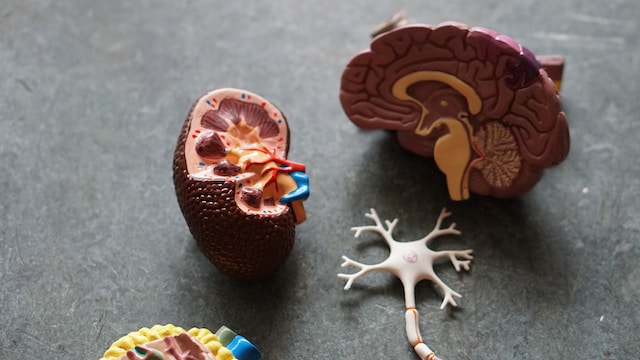Introduction: Chronic Kidney Disease (CKD) is a progressive condition that affects the kidneys’ ability to filter waste and excess fluid from the body. It is categorized into different stages based on the level of kidney function and the presence of kidney damage. Understanding the various stages of CKD is crucial for patients, caregivers, and healthcare professionals to facilitate appropriate management and treatment. This guide aims to provide valuable information about each stage of CKD, including their characteristics, implications, and recommended interventions.
- Stage 1 CKD: Early Kidney Damage:
- Definition and diagnostic criteria
- Normal or slightly reduced kidney function (glomerular filtration rate)
- Indicators of kidney damage
- Importance of early detection and lifestyle modifications
- Stage 2 CKD: Mild Kidney Damage:
- Definition and diagnostic criteria
- Mild reduction in kidney function
- Progression and risk factors
- Monitoring and preventive measures
- Stage 3 CKD: Moderate Kidney Damage:
- Definition and diagnostic criteria
- Further decline in kidney function
- Subdivisions: Stage 3A and Stage 3B
- Identification of complications and treatment strategies
- Stage 4 CKD: Severe Kidney Damage:
- Definition and diagnostic criteria
- Significant reduction in kidney function
- Preparation for renal replacement therapy
- Treatment options: dialysis, transplantation, and palliative care
- Stage 5 CKD: End-Stage Kidney Disease (ESKD):
- Definition and diagnostic criteria
- Very low kidney function or complete kidney failure
- Symptoms and complications at this advanced stage
- Renal replacement therapy options: dialysis and transplantation
- Managing CKD Progression and Complications:
- Lifestyle modifications: diet, exercise, and fluid intake
- Medications for blood pressure control, anemia, and bone health
- Monitoring kidney function and managing comorbidities
- Importance of regular medical follow-up and support systems
Conclusion: Understanding the different stages of CKD is crucial for patients and healthcare providers in effectively managing the disease and optimizing treatment plans. Each stage presents unique challenges and considerations, and early detection plays a significant role in slowing disease progression. By implementing appropriate interventions and closely monitoring kidney function, individuals with CKD can improve their quality of life and potentially delay the need for renal replacement therapy. With continued research and awareness, we can strive to enhance the outcomes and well-being of those affected by CKD at all stages.




